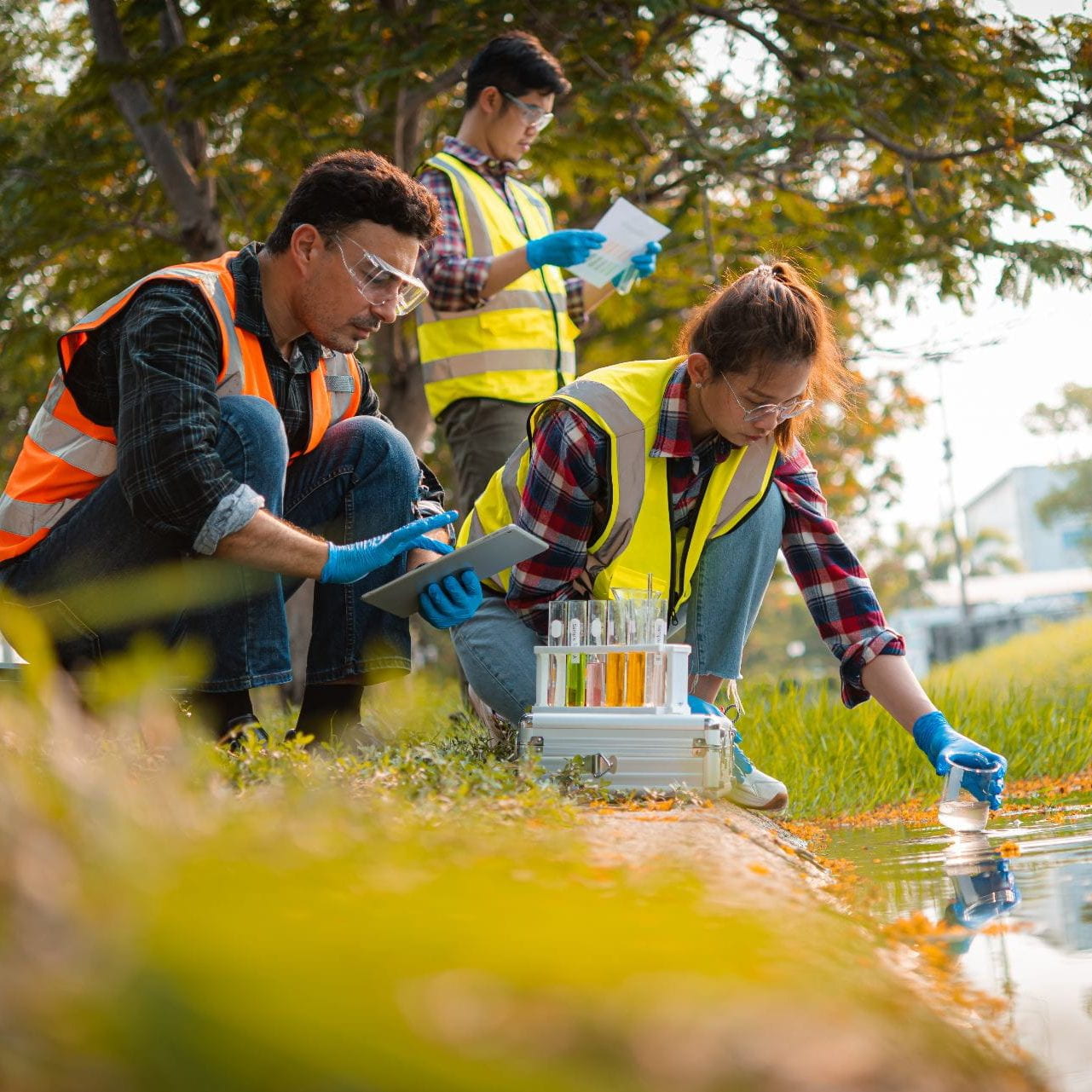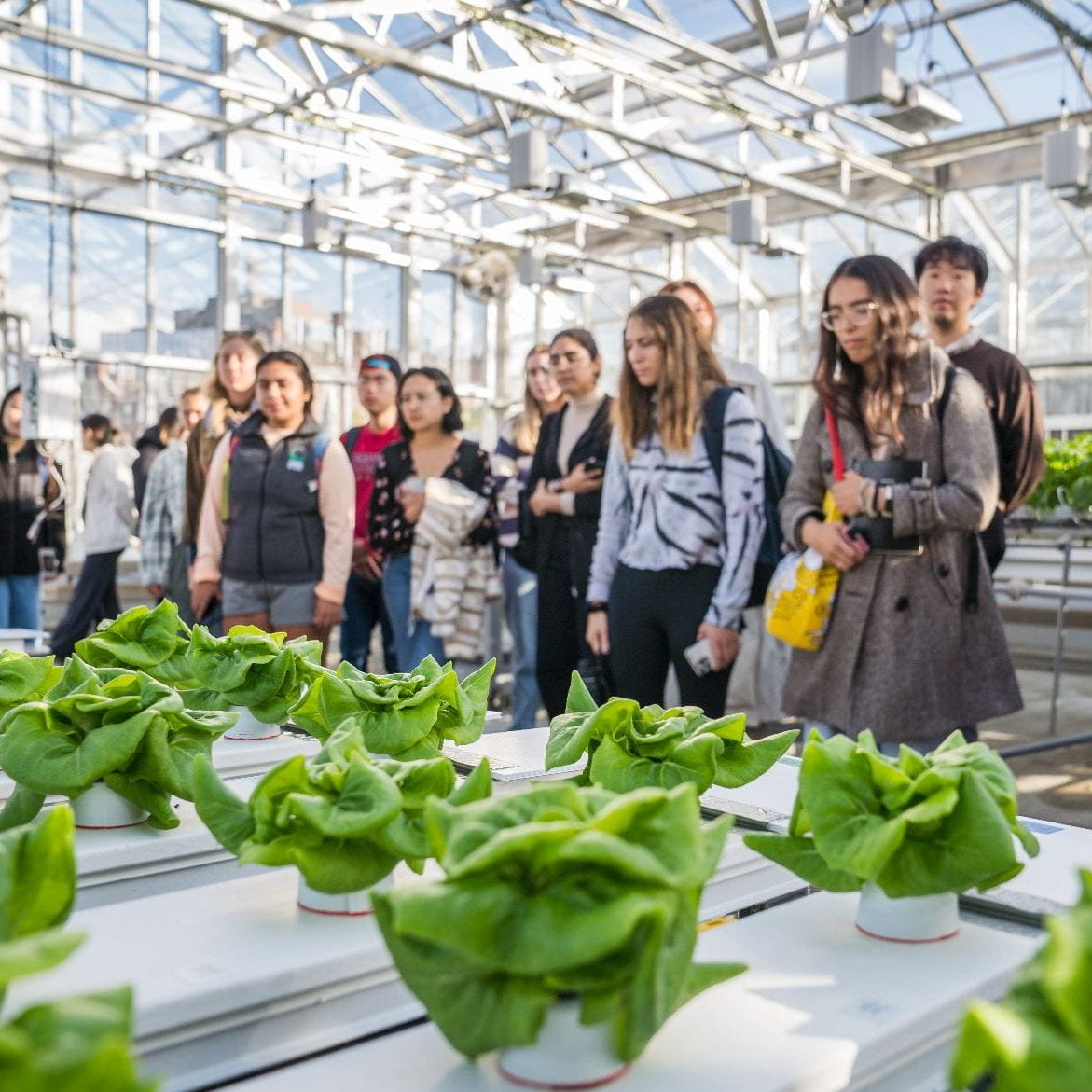Working Together to Change the World
Cornell University offers a campus-wide Master of Public Health (MPH) Program to help build public health leaders who are inspired and trained to ensure the health of people, animals, and the world in which we live.
Our program is founded on three pillars—Sustainability, Equity, and Engagement—that inform our approach to teaching, research, service, and practice. Our small class sizes and engaged-learning approach give our students uncommon flexibility in developing the skills they need to make an impact in their desired careers. And, by working with community partners, our students turn theory into practice while preparing to become future leaders of the public health workforce.
Our Curriculum
Our core curriculum provides students with the skills, tools, and foundational knowledge to become general public health practitioners, while our concentration courses allow our students to become specialists in their chosen field.
News

As a health economist for over 20 years, Associate Professor Dr. Todd Olmstead is dedicated to answering a fundamental public health question: ‘Is it worth it?’ His work considers “who wins, who loses, and by how much,” helping agencies allocate scarce resources more effectively.
After earning a PhD in public policy at Harvard University, Dr. Olmstead worked as a management consultant at McKinsey & Company where he experienced the practical realities of using data for decision-making. He learned that clients often lack the time or resources to pursue the high level of proof demanded in academic research, and that…Read More
Notes From the Field: Collaborative partnerships for rural health improvement
Cheyanna Frost, CHIC Manager of Workforce Development
CVM Podcast: Ana Bento on how behavior impacts outbreaks
Ana Bento, Assistant Professor
Serving Rural Areas Through Extension
Larkin Podsiedlik, Executive Director of Cornell Cooperative Extension of Madison County
Mapping Hazards & Empowering Action
Taylor Rijos ’25, National Oceanic & Atmospheric Administration
Alumni in Action: Cole Jamal ’22
Research resumed: Stopped projects come back to life
Laura Goodman, Assistant Professor










